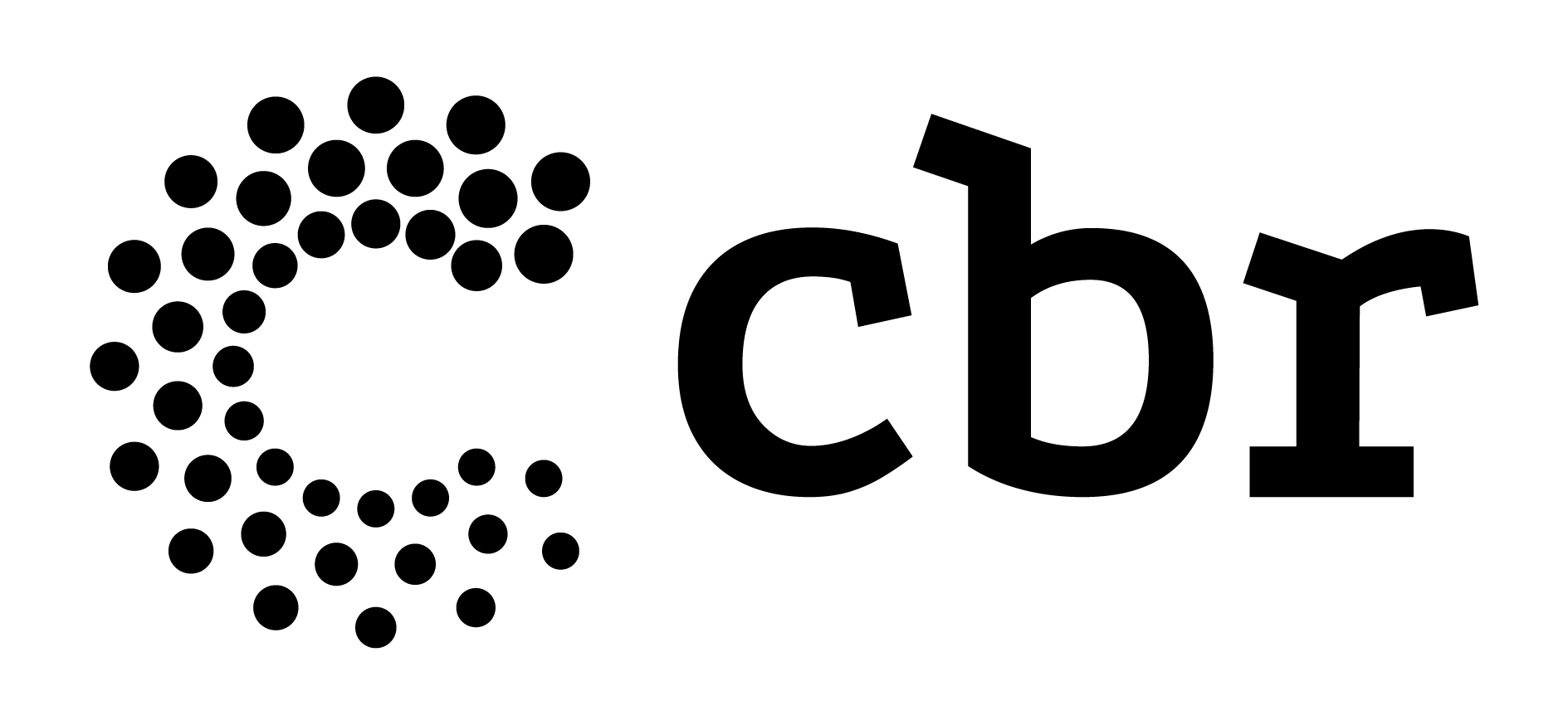In an interview with CBR, Dr. Aldemir Humberto Soares, former president of the College and rapporteur for the documents, spoke about the importance of CFM Resolution 2235/2019 for the specialty and on three opinions that provide greater protagonism to radiologists.
Published in the DOU of October 1, 2019, the above Resolution determines that “Examinations carried out in medical services must be accompanied by the respective reports. Responsibility for carrying out and reporting these tests can be assumed by different physicians”.
In practice, this means that a doctor is allowed to perform the exam and another doctor provides the report, not requiring the same professional for both actions. “There was starting to be some discussions about this.
Some doctors did not want to give the report because the exam had been done by another doctor. In addition, it brings important data, which is the obligation that every exam needs to have a side, including those cases in which the patient goes to the emergency room and has an x-ray. It doesn't matter if the doctor on the spot saw the exam, it is necessary to provide the patient with a report”, he explains.
As for the opinions, the newest one is No. 23/2019 which was even requested by the CBR, determines that “Radiology exams can be made available printed on film or paper, recorded on CD/DVD or online, as long as the reproduction of images with diagnostic quality is guaranteed”.
“We are accepting all means. But it is important to emphasize that the patient is entitled to the printed exam if he wants to. You are not required to have the film, but it must be available. In the case of the printed exam, it can be on paper, as long as the quality is guaranteed. This responsibility must be assumed by the service, which has to guarantee quality in this print”, points out Dr. Aldemir.
Another important opinion for the specialty is No. 20/2019, which deals with “Communicating the results of complementary tests to the attending physician” and determines that “Radiology and diagnostic imaging services must adopt protocols for reporting findings in tests classified as emergency, urgent or unexpected.”
“In this case, the opinion defines that the doctor who gave the report and identifies a pathology that puts the patient's life at risk has a period of one hour to communicate the attending physician about this finding. It is the obligation of the person who gave the report and it is important to remember that the alert should not be given to someone else, such as the assistant physician's secretary, for example. The communication must be made directly to the doctor”, he warns.
Radiology services should have a list of critical cases, as well as less critical cases. Remembering that for those, even if less critical, but which represent some risk, the radiologist has up to three hours to contact the attending physician. In addition, it should be recorded that this attitude was taken, informing in the report or in the patient's medical record, that on that day and time the attending physician was contacted", advises Dr. Aldemir.
Finally, another important opinion for the specialty is No. 17/2019, which deals with “Indication and prescription of exams with the use of contrast” and has as its origin the consultation of a doctor at the CFM, as well as the previous one.
The text reinforces that the indication, dosage and prescription of contrasts must be made by a doctor from the Radiology service and the injection of the contrast must be accompanied by the doctor from the service. “There are cases of doctors who request, for example, a CT scan and indicate whether it is with or without contrast, but this decision has to be made by the radiologist”, he points out.
This trio of opinions, as well as Resolution CFM 2235/2019 demand more from the radiologist, but at the same time recognizes its importance. “They give more obligations to the radiologist, but guarantee more space for him to participate in the process”, concludes Dr. Aldemir.
These and other CFM opinions can be consulted on the website https://portal.cfm.org.br/




